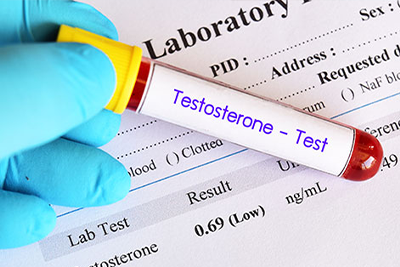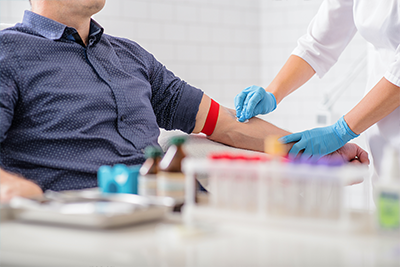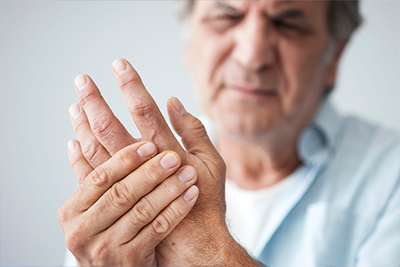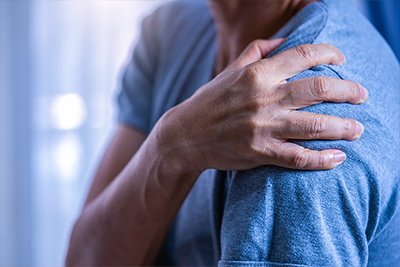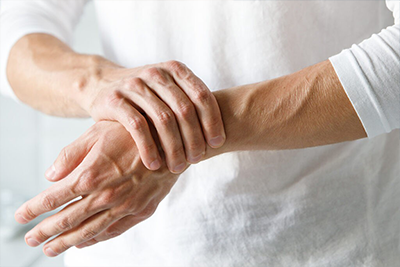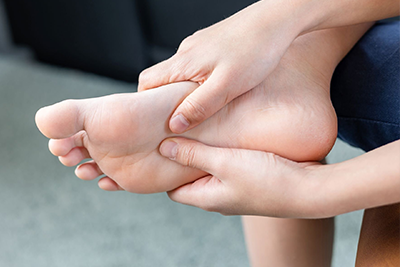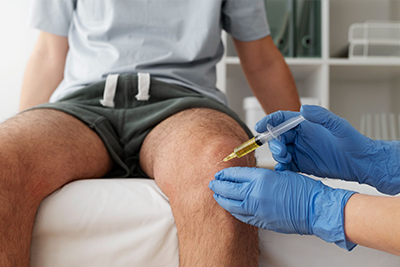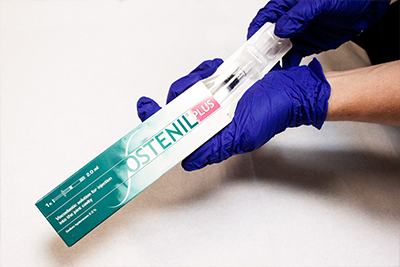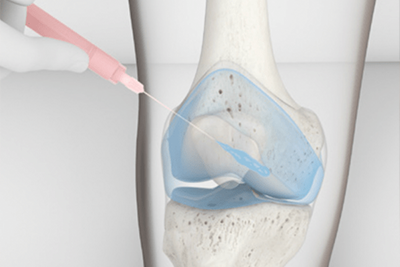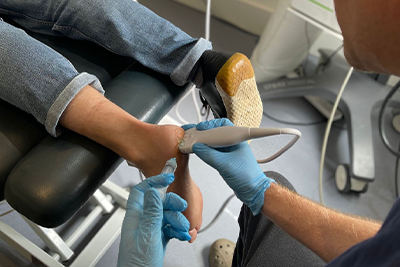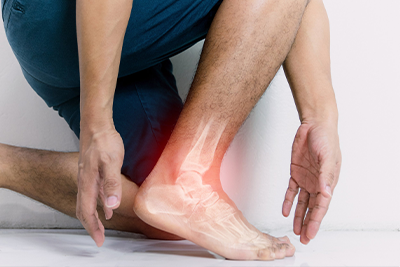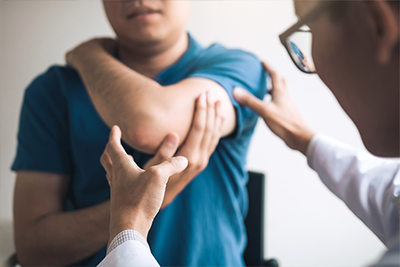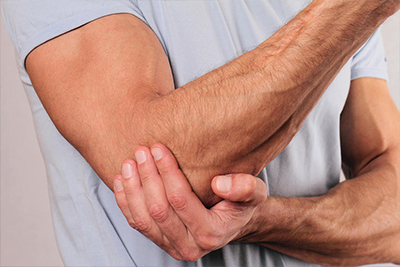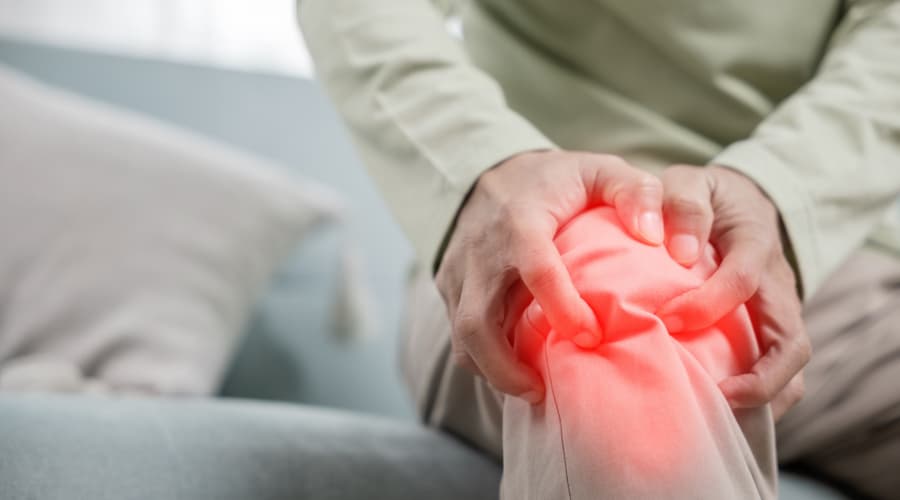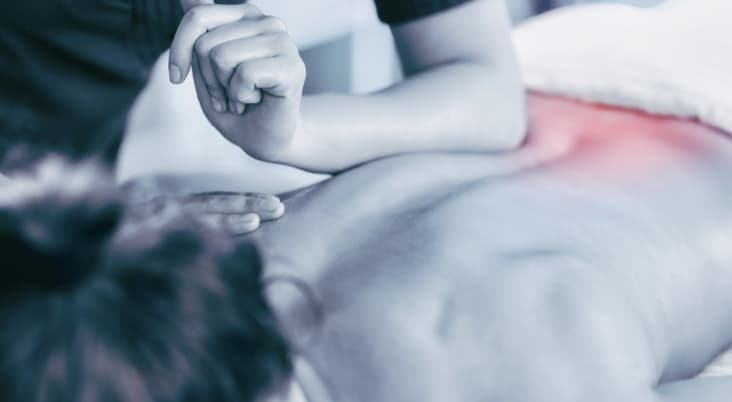One of the major challenges that patients have, when they suffer from joint or back pain, is getting enough rest. Finding a comfortable position can be nigh on impossible once you hit the bed at the end of the evening.
Even though we spend nearly a third of our lives asleep it’s an area of research where scientists still have a lot to learn. What we do know, however, is that a good night’s rest is integral to recovery from illness and injury.
If you have joint pain and can’t settle down properly, how do you get enough rest to help those recovery mechanisms?
As anyone who suffers from chronic pain issues will tell you, it’s difficult. While taking pain killers is one option, it’s not always the best choice if you want to access the body’s natural repair system.
Here’s some advice from the team of expert chiropractors and osteopaths at our Tunbridge Wells Clinic.
How Does Sleep Repair Our Bodies?
During normal sleep, the body works to repair itself in a lot of different ways. You might be surprised at how much your brain and body are doing while you are out for the count and having sweet dreams.
You will go through several different sleep cycles each night. This takes you from shallow to deep sleep in a series of waves. During REM sleep, for example, we experience dreams though often we don’t remember them on waking. This natural cycle has several specific purposes and any disruption can mean we don’t get the full benefit of sleep.
Your breathing and body temperature change during this time and your heartbeat slows down. During deep sleep, chemicals circulate through your blood and strengthen your immune system. Your body makes more growth hormone and the level stress hormone cortisol drops as your body relaxes.
- If you’ve had a strenuous workout during the day, a good night’s sleep will help repair the muscles and improve recovery.
- If you have a stressful lifestyle, on the other hand, it’s important to get the right amount of rest to refresh your brain and boost your energy levels.
- People who suffer from back or joint pain can often be over-anxious or even depressed, especially with a chronic condition that has gone on for some time which impacts on sleep quality.
Why Sleep is Just as important if You Are Pain-Free
Needless to say, even if you are perfectly healthy and have no joint or back pain, our chiropractic team at Tunbridge Wells recommend working ‘hard’ to get a good night’s sleep. It has all sorts of benefits not only for your physical health but also your mental health.
It certainly helps as part of a healthy lifestyle and prevents problems occurring later on.
Should I Take Painkillers?
Many people with chronic pain pop painkillers as if they were sweets. This is not always helpful – as with any drug there are side effects. With an initial attack, it’s understandable that you might want to take a painkiller such as ibuprofen to take the edge off. Overuse of these drugs, however, can disrupt your sleep.
As someone who suffers from chronic pain, you will need to make a judgement call but if you can avoid taking anti-inflammatories at least a few hours before sleep it’s much better for you.
Neither should you depend on alcohol to help manage pain at night. A drink or two of scotch may get you off to sleep quickly but it usually means you wakeup just a few hours later with more back or joint pain than before.
Tips for Getting a Good Night’s Sleep
There are several things you can do to help promote a better night’s sleep if you suffer from chronic pain. The first is to prepare yourself properly and have a set regime that you follow each night.
You can do this by going to bed at the same time each night. If it helps your joint or back pain, take a hot bath or shower to relax your body and ease any discomfort. You can also place hot and cold compresses on the affected area to relieve the symptoms.
- Cut out caffeine and don’t drink tea or coffee from at least five hours before you go to bed. While it may seem dull, stick to water. It’s much better for you.
- Turn off digital devices about an hour before you go to bed. The blue light from things like smartphones and computers can disrupt your sleep pattern and trick your body into staying awake.
- Have a room that is neither too cold or too warm. If in doubt, opt for a room temperature that is slightly on the cooler side as this helps promote a better level of sleep.
- If you have certain exercises that help ease your pain symptoms, then do these before you go to bed. These should be activities like gentle bends and stretches. Avoid anything over strenuous.
- Try breath meditation before you go to bed. This can help relax your body and give you a better chance of dropping off sooner rather than later.
How you lie in bed can either exacerbate or ease the pain and most people with chronic joint or back problems know this only too well. Try different ways of sleeping. The ideal position is on your side with your neck and head supported by a comfortable but relatively firm pillow. If it helps, place a pillow between your knees.
If you suffer from lower back pain, our chiropractic team at Tunbridge Wells don’t recommend sleeping on your back as this can put a lot more stress on your spine. Experiment with what does work and allows you to rest comfortably.
The final aid to good sleep, of course, is a good mattress. Again aim for one that is medium to firm to give your body plenty of support. If you have an old mattress, it can lose its springiness over time so it might be time to consider getting a new one if you are not getting the right support.
How Your Chiropractic Team at Tunbridge Wells Can Help
We see many people with joint and back pain at the Tunbridge Wells Chiropractic and Shockwave Clinic and we understand that sleep is a big issue. Regular visits to a chiropractor or osteopath can help with a range of problems and help ease issues around chronic pain.
If you have joint or back pain that won’t go away, then contact our expert team today to book an appointment.
Related Articles
- Back Pain Emergency – Tunbridge Wells
- Stay-at-Home Exercises for Your Back
- Will Exercise and Moving About Make Your Chronic Back Problem Worse?
- Managing your Back Pain
- Back Pain Myths


